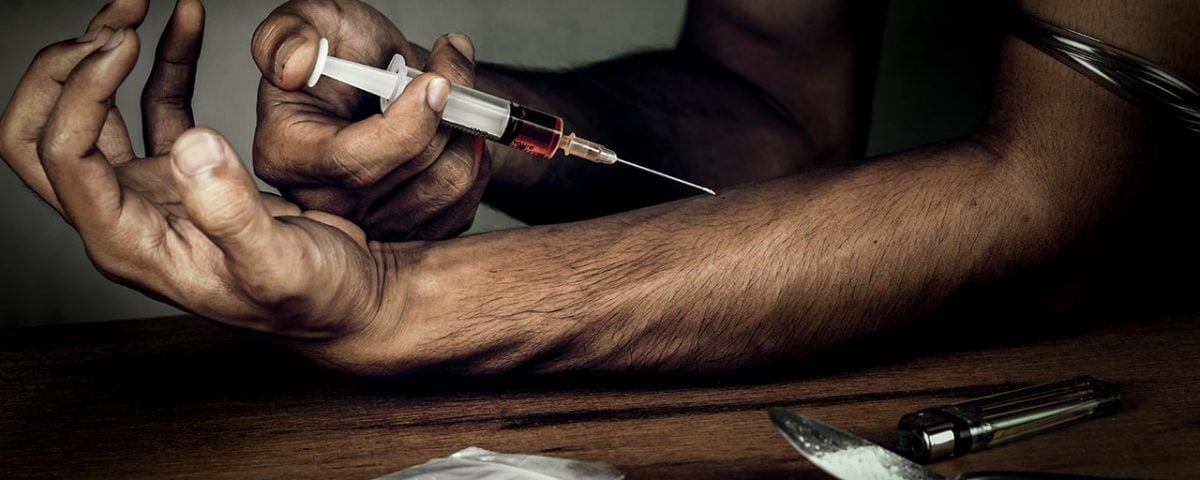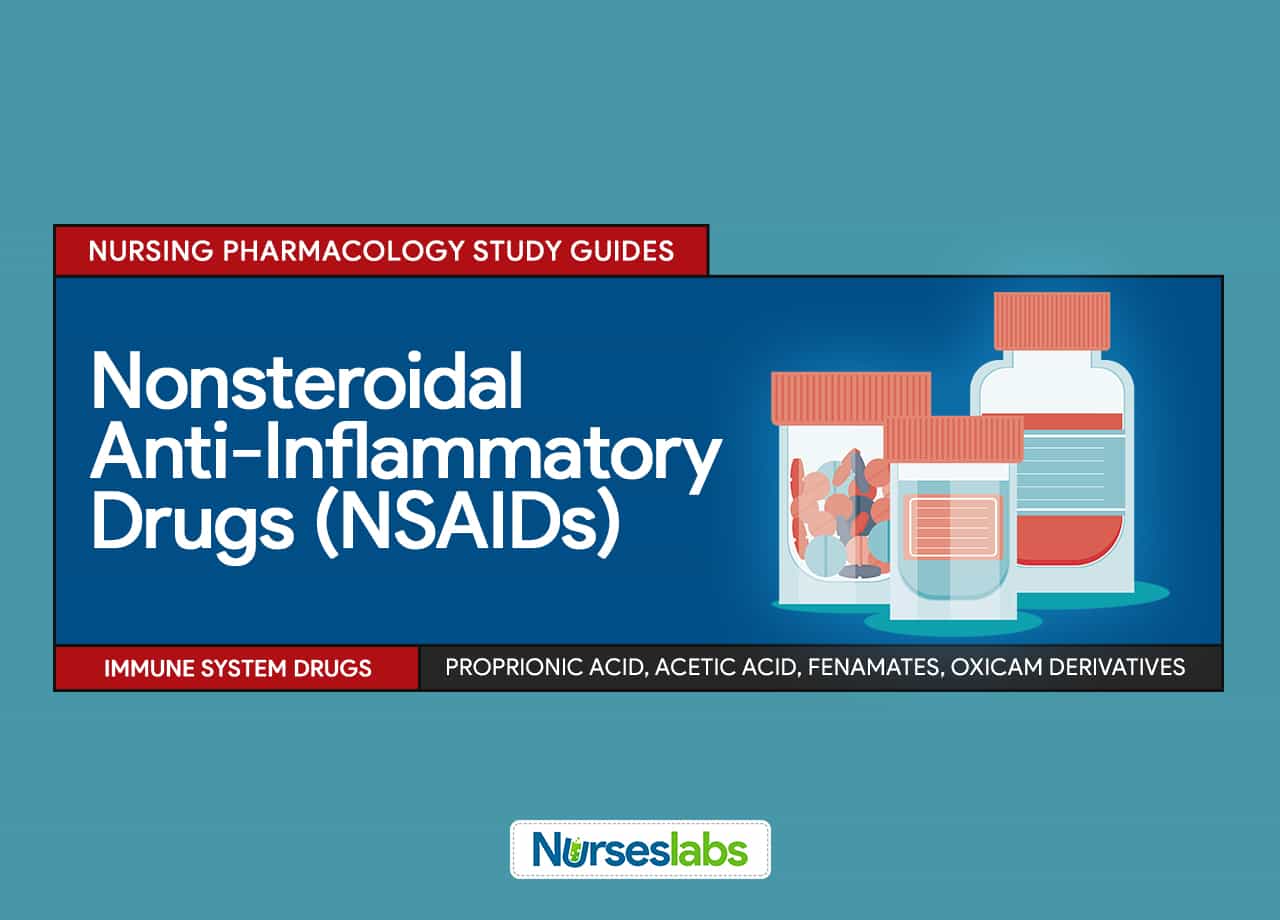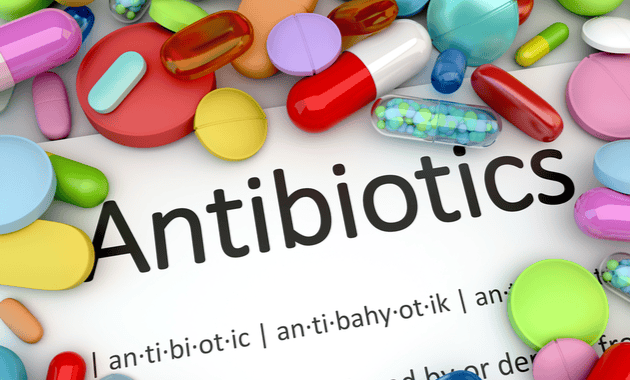Diverticulitis Medication Mistakes: Drugs to Avoid for Optimal Treatment
Diverticulitis is a common condition in which small pouches (diverticula) in the lining of the colon become inflamed or infected. It can cause a range of symptoms, including abdominal pain, fever, nausea, and changes in bowel habits. While medication can be helpful in managing the symptoms of diverticulitis, there are certain drugs that should be avoided or used with caution. In this article, we will discuss the drugs that should be avoided with diverticulitis, including NSAIDs, opioid pain relievers, antibiotics, laxatives, and steroids. We will also provide expert advice on the best treatment options for managing diverticulitis, which may include medication and lifestyle changes. By following the guidance of healthcare professionals and making appropriate adjustments to medication and lifestyle, individuals with diverticulitis can manage their symptoms and reduce the risk of complications.

Diverticulitis Medication Mistakes: Drugs to Avoid for Optimal Treatment
Diverticulitis is a condition that occurs when small pouches (diverticula) in the lining of the colon become inflamed or infected. It can cause symptoms such as abdominal pain, fever, nausea, and changes in bowel habits. While medications can be helpful in treating the symptoms of diverticulitis, there are certain drugs that should be avoided or used with caution.
Nonsteroidal anti-inflammatory drugs (NSAIDs)

NSAIDs are a class of drugs that includes aspirin, ibuprofen, and naproxen. These drugs are commonly used to treat pain and inflammation. However, in people with diverticulitis, NSAIDs can worsen the inflammation in the colon and increase the risk of bleeding or perforation. According to a study published in the American Journal of Gastroenterology, the use of NSAIDs was associated with an increased risk of complications in people with diverticulitis. Therefore, it is recommended that people with diverticulitis avoid using NSAIDs or use them only under the guidance of a doctor.
Opioid pain relievers
Opioid pain relievers are drugs that are used to treat moderate to severe pain. These drugs include drugs such as codeine, hydrocodone, and oxycodone. While these drugs can be effective in relieving pain, they can also cause constipation, which can make symptoms of diverticulitis worse. According to a study published in the Journal of Gastrointestinal Surgery, the use of opioids was associated with a longer hospital stay and an increased risk of complications in people with diverticulitis. Therefore, it is recommended that people with diverticulitis avoid using opioid pain relievers or use them only under the guidance of a doctor.
Antibiotics

Antibiotics are drugs that are used to treat bacterial infections. They are often prescribed to people with diverticulitis to help clear the infection and reduce inflammation. However, antibiotics can also cause diarrhea and disrupt the natural balance of bacteria in the gut. This can lead to an overgrowth of harmful bacteria, which can worsen the symptoms of diverticulitis. It is important to follow your doctor's instructions when taking antibiotics and finish the full course of treatment.
Laxatives
Laxatives are drugs that are used to treat constipation. They work by softening the stool and making it easier to pass. However, in people with diverticulitis, laxatives can worsen the symptoms by causing diarrhea and increasing inflammation in the colon. Therefore, it is recommended that people with diverticulitis avoid using laxatives or use them only under the guidance of a doctor.
Steroids

Steroids are drugs that are used to treat inflammation. They work by suppressing the immune system and reducing inflammation in the body. However, in people with diverticulitis, steroids can suppress the immune system and increase the risk of infection. This can be dangerous for people with diverticulitis, as they are already at an increased risk of infection due to the inflammation in the colon. Therefore, it is recommended that people with diverticulitis avoid using steroids or use them only under the guidance of a doctor.
Expert advice
According to the American College of Gastroenterology, the treatment of diverticulitis should be individualized based on the severity of the disease, the presence of complications, and the overall health of the patient. Medications can be helpful in treating the symptoms of diverticulitis, but they should be used with caution.
In addition to avoiding certain drugs, people with diverticulitis should also follow a healthy diet that is high in fiber and low in fat. This can help prevent constipation and reduce inflammation in the colon. It is also important to stay hydrated.
Best Option
The best option for treating diverticulitis will depend on the severity of the condition, the presence of complications, and the individual's overall health. In general, treatment may include a combination of medications and lifestyle changes.

For mild cases of diverticulitis, treatment may involve resting the bowel by following a clear liquid diet for a few days, taking oral antibiotics to clear any infection, and taking over-the-counter pain relievers as needed. It is important to avoid NSAIDs, opioids, laxatives, and steroids in these cases.
For more severe cases of diverticulitis or cases with complications such as abscesses, fistulas, or bowel obstruction, hospitalization may be required. Treatment may involve intravenous antibiotics, bowel rest, and potentially surgery.
In addition to medication, lifestyle changes can also be helpful in managing diverticulitis. These may include:
- Eating a high-fiber diet: Eating foods such as fruits, vegetables, whole grains, and beans can help promote regular bowel movements and prevent constipation.
- Staying hydrated: Drinking plenty of fluids can help soften stools and prevent constipation.
- Exercising regularly: Regular exercise can help promote regular bowel movements and reduce inflammation in the body.
- Managing stress: Stress can worsen symptoms of diverticulitis, so finding ways to manage stress such as through relaxation techniques or therapy may be helpful.
It is important to work closely with a healthcare provider to develop an individualized treatment plan for diverticulitis. They can help determine the best course of action based on the individual's specific needs and provide guidance on medications and lifestyle changes.
Advice
If you or someone you know is experiencing symptoms of diverticulitis, it is important to seek medical attention promptly. In addition to following the recommended treatment plan provided by a healthcare provider, there are several steps that can be taken to manage symptoms and reduce the risk of complications. These may include:
- Eating a high-fiber diet: Eating foods that are high in fiber can help promote regular bowel movements and prevent constipation, which can exacerbate symptoms of diverticulitis.
- Staying hydrated: Drinking plenty of fluids can help soften stools and make them easier to pass, reducing the risk of constipation.
- Exercising regularly: Regular exercise can help promote regular bowel movements and reduce inflammation in the body, which can help manage symptoms of diverticulitis.
- Managing stress: Stress can worsen symptoms of diverticulitis, so finding ways to manage stress such as through relaxation techniques or therapy may be helpful.
- Avoiding smoking and alcohol: Smoking and alcohol can worsen symptoms of diverticulitis and increase the risk of complications, so it is important to avoid these substances.

It is important to work closely with a healthcare provider to develop an individualized treatment plan for diverticulitis. By following a treatment plan and making appropriate lifestyle changes, individuals with diverticulitis can manage their symptoms and reduce the risk of complications.
FAQs
What is diverticulitis?
Diverticulitis is a condition in which small pouches (diverticula) in the lining of the colon become inflamed or infected. It can cause a range of symptoms, including abdominal pain, fever, nausea, and changes in bowel habits.
What medications should be avoided with diverticulitis?
NSAIDs, opioid pain relievers, antibiotics, laxatives, and steroids should be used with caution or avoided altogether in cases of diverticulitis.
Can diverticulitis be managed with lifestyle changes alone?
In mild cases, lifestyle changes such as eating a high-fiber diet, staying hydrated, exercising regularly, managing stress, and avoiding smoking and alcohol may be helpful in managing symptoms. However, in more severe cases or cases with complications, medication and potentially surgery may be required.
What are the complications of diverticulitis?
Complications of diverticulitis can include abscesses, fistulas, bowel obstruction, and perforation of the colon. These complications can be serious and require prompt medical attention.
Can diverticulitis be prevented?
Eating a high-fiber diet, staying hydrated, exercising regularly, and avoiding smoking and alcohol may help reduce the risk of developing diverticulitis. However, some factors such as age, genetics, and a history of diverticulitis may increase the risk of developing the condition.
Read More How to improve mental health in 10 Days


Post a Comment